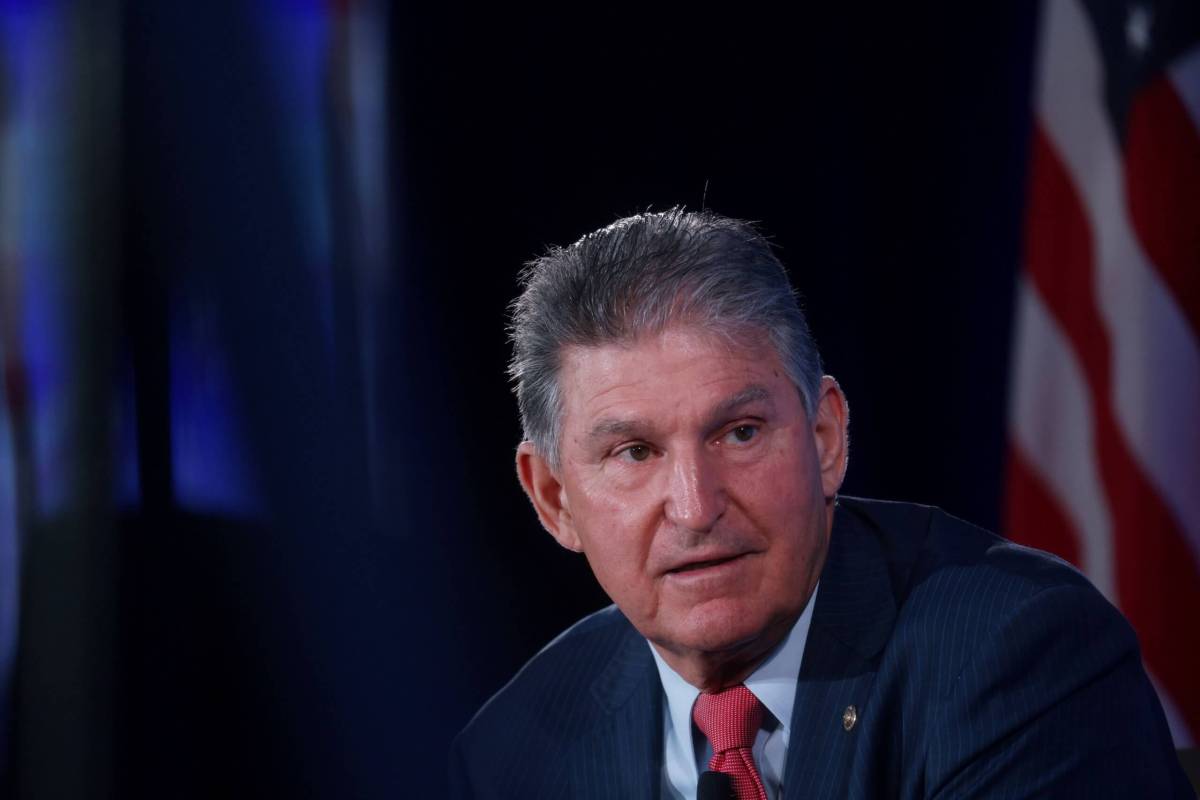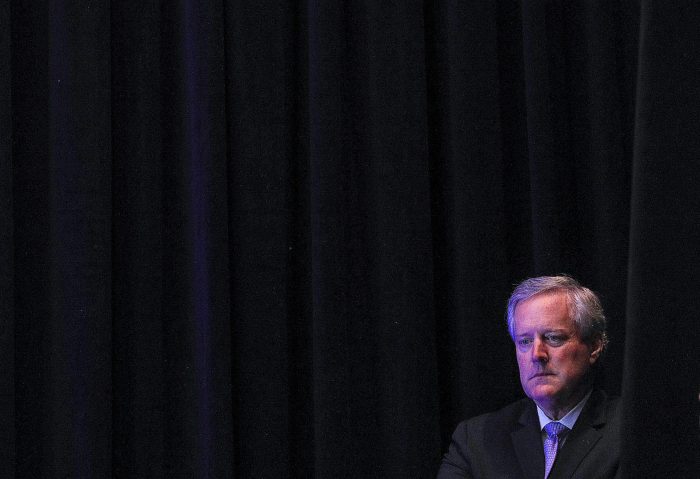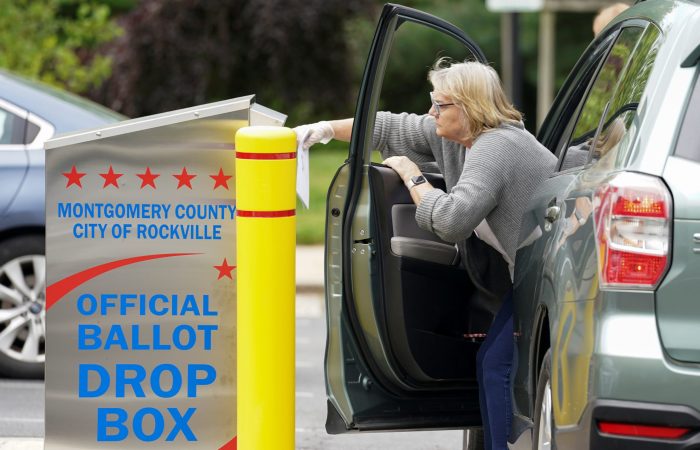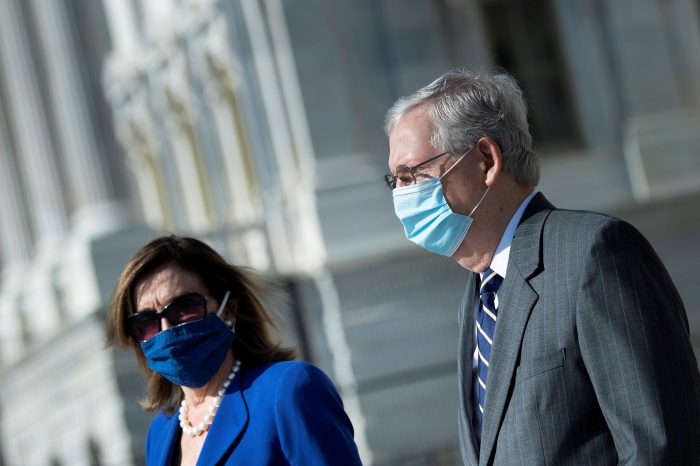Democratic U.S. Senator Joe Manchin said on Tuesday that “it makes no sense to me” to abandon the Senate filibuster, the week after Democratic President Joe Biden said he was open to changing the custom to pass a voting-rights bill.
In an interview with the Economic Club of Washington, Manchin – a moderate Democrat whose vote is key to legislation passing the Senate – also said there was a “high probability” that Congress will approve a bipartisan infrastructure investment bill and a larger domestic investment measure to expand social services and attack climate change.
Senate Majority Leader Chuck Schumer, speaking on the Senate floor, said of that legislation’s fate: “We remain confident that a final deal is within reach.”
Manchin said the $1.5 trillion he is seeking for the larger of the two bills is “more than fair,” even as progressives push for $2 trillion or more. The original price tag proposed by Biden was $3.5 trillion.
Republicans so far this year have used the filibuster three times to block wide-ranging Democratic bills aimed at increasing access to mail-in ballots and other steps to encourage voting and stop restrictive new election laws being enacted in Republican-controlled states.
This week, Schumer, a Democrat, might bring yet another bill to the Senate floor: one that would reinstate the federal government’s role in overseeing election law changes in certain states, which was struck down by the U.S. Supreme Court in 2013.
Republicans are again expected to deny the Senate the 60 votes needed to advance legislation beyond procedural hurdles.
Manchin has been working, without success, to gain the support of at least 10 Republicans so that the bill can pass.
Biden weighed in last week, saying that the Senate should “fundamentally alter” the filibuster process to help clear the way for voting rights legislation.
“Makes no sense to me at all,” Manchin said, noting that when Democrats were in the Senate majority they defended the filibuster practice that requires at least 60 votes in the 100-member Senate to advance legislation.
During the wide-ranging interview, Manchin, who represents the coal-producing state of West Virginia, also addressed climate change provisions he is blocking in the domestic investment bill.
Manchin, the top recipient in Congress of campaign contributions from oil and gas interests, suggested Biden could push countries at the U.N. talks next week in Glasgow, Scotland, to take tough actions on climate based on steps the United States already has taken.
“The bottom line is what he needs to do is brag about what we’ve done,” said Manchin. U.S. carbon dioxide emissions from energy consumption fell last year as demand took a hit from the pandemic and from the switch from coal to natural gas, but are expected to rise as the economy recovers.
Manchin has opposed two major climate measures in the social spending bill supported by fellow Democrats: a plan that would reward power utilities for investing in renewables such as solar and wind power and penalize those that do not, and a fee on oil and natural gas producers for emissions of methane, a potent greenhouse gas.
Manchin in recent days has denied a report that he might switch political parties and join the Republicans, a move that would change the balance of power in the Senate and potentially kill the infrastructure and domestic investment bills central to Biden’s agenda.
“I don’t think the R’s (Republicans) would be any more happy with me than D’s (Democrats) are right now,” Manchin said responding to a question about his political future.
He then added, “I don’t know where in the hell I belong” as a moderate in a 50-50 divided Senate.





































